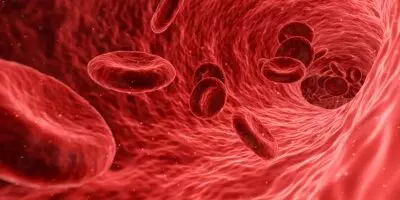
Salivary glands can serve as potential reservoirs for Covid 19, suggests study
text_fieldsSao Paulo: Brazilian researchers have found that tissues which specialise in saliva production and secretion can serve as reservoirs for SARS-CoV-2, the virus causing Covid-19, magnifying its infectious potential.
Researchers at the University of Sao Paulo (USP) analysed samples from three types of salivary gland obtained during a minimally invasive autopsy procedure performed on 24 patients who died from complications of Covid-19 and discovered that SARS-CoV-2 infects and replicates in the salivary glands.
For the study, the team extracted tissue samples from the parotid, submandibular and minor salivary glands from 24 patients who died from Covid-19 and molecular analysis detected the presence of the virus in more than two-thirds.
The discovery, reported in an article published in the Journal of Pathology, helps explain why the virus is so abundant in saliva and has enabled scientists to develop saliva-based diagnostic tests for Covid-19.
"This is the first report of a respiratory virus's capacity to infect and replicate in salivary glands. Until now it was thought that only viruses that cause highly prevalent diseases such as herpes used salivary glands as reservoirs. The discovery may help explain why SARS-CoV-2 is so infectious," Bruno Fernandes Matuck, doctoral candidate at USP's Dental School.
As SARS-CoV-2 is highly infectious compared with other respiratory viruses, they raised the hypothesis that it may replicate in cells of the salivary glands and hence be present in saliva without coming into contact with nasal and lung secretions.
Further examination by an electron microscope detected not just the presence of the virus but also its replication in cells and the type of organelle it uses to replicate.
"We observed several viruses clustering in salivary gland cells, which showed that they were replicating there. They weren't in these cells passively," Matuck said.
The researchers now plan to examine whether the mouth can be a direct point of entry for SARS-CoV-2, given that ACE2 and TMPRSS2 receptors are found in various parts of the cavity, as well as in gum tissue and oral mucosa.





